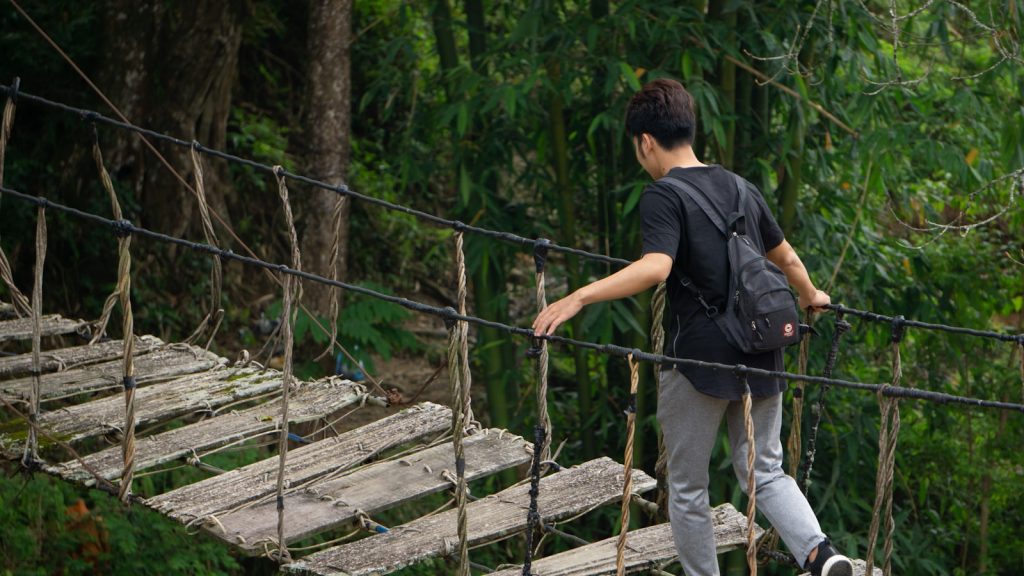Embracing Diversity: In a world where globalization is rapidly shrinking distances, the desire to experience diverse cultures firsthand has never been stronger. Homestays, a form of accommodation where travelers reside with local families, offer a unique opportunity for cultural immersion that goes beyond mere sightseeing. This article explores the profound significance of homestays in fostering meaningful cultural exchanges, enriching both hosts and guests with invaluable experiences and perspectives.
Understanding Homestays:

Homestays transcend the traditional hotel experience by providing travelers with an authentic glimpse into the daily lives of locals. Whether it’s a rustic farmhouse in the Italian countryside or a traditional hut in a Balinese village, homestays offer a wide range of accommodations that reflect the cultural heritage of their respective regions. Unlike impersonal hotel rooms, homestays often involve interaction with the host family, allowing guests to learn about local customs, traditions, and ways of life firsthand.
Cultural Immersion:
One of the most significant benefits of homestays is the opportunity they provide for genuine cultural immersion. By living with local families, guests are exposed to authentic customs, cuisines, and rituals that may not be accessible through conventional tourist activities. From participating in traditional ceremonies to learning indigenous crafts, homestay experiences offer a deeper understanding and appreciation of diverse cultures. This immersion fosters empathy, respect, and cross-cultural communication, breaking down stereotypes and promoting global understanding.
Building Bridges:

Homestays serve as bridges between different cultures, fostering connections and friendships that transcend geographical boundaries. By opening their homes to guests from around the world, host families become ambassadors of their culture, sharing their traditions and values with visitors. Likewise, guests have the opportunity to share their own culture and perspectives, creating meaningful exchanges that enrich both parties. These interpersonal connections often lead to long-lasting friendships and a sense of global community, reinforcing the idea that, despite our differences, we are all part of a shared human experience.
Preserving Heritage:
In addition to facilitating cultural exchange, homestays play a crucial role in preserving indigenous traditions and heritage. By supporting local communities and economies, travelers contribute to the sustainability of traditional ways of life. Many homestay programs also incorporate elements of ecotourism and responsible travel, emphasizing the importance of environmental conservation and cultural preservation. By staying with local families, guests become advocates for cultural heritage, spreading awareness and appreciation for the rich diversity of the world’s cultures.
Empowering Communities:
Homestays empower local communities by providing them with economic opportunities and a platform to showcase their cultural heritage. In many cases, homestay programs are run by community-based organizations or cooperatives, ensuring that profits directly benefit the host community. This economic empowerment helps to alleviate poverty, create jobs, and preserve cultural identity in the face of globalization. By choosing homestay accommodations, travelers can support sustainable tourism initiatives that prioritize the well-being of local residents and the preservation of cultural authenticity.
Educational Experiences:

Homestays offer invaluable educational experiences that extend far beyond the classroom. Whether it’s learning a new language, mastering traditional cooking techniques, or participating in agricultural activities, guests have the opportunity to acquire practical skills and knowledge from their host families. These hands-on experiences not only enhance the travel experience but also promote lifelong learning and cultural appreciation. By stepping outside of their comfort zones and embracing new challenges, travelers gain a deeper understanding of the world and their place within it.
Challenges and Considerations:
While homestays offer numerous benefits, they also present unique challenges and considerations for both hosts and guests. Cultural differences, language barriers, and unfamiliar customs can sometimes lead to misunderstandings or discomfort. Additionally, issues such as safety, privacy, and hygiene must be carefully addressed to ensure a positive experience for all parties involved. Effective communication, mutual respect, and a willingness to embrace cultural differences are essential for successful homestay experiences.
Embracing Diversity
In Conclusion, Homestays are more than just a place to stay—they are portals to new worlds, opportunities for meaningful connections, and catalysts for personal growth. By immersing themselves in local cultures, travelers can gain a deeper appreciation for the diversity of the world and forge bonds that transcend borders. As we navigate an increasingly interconnected world, homestays have the power to bridge divides, foster empathy, and celebrate the rich tapestry of human experience. In embracing homestays as a means of cultural exchange, we open ourselves to a world of possibilities, where every encounter becomes an opportunity to learn, connect, and grow.


